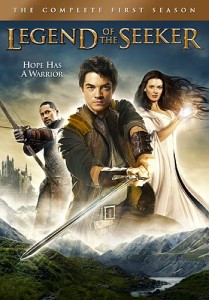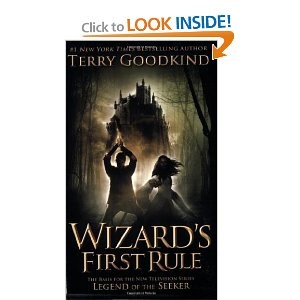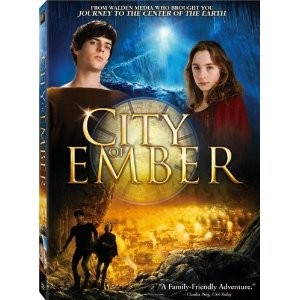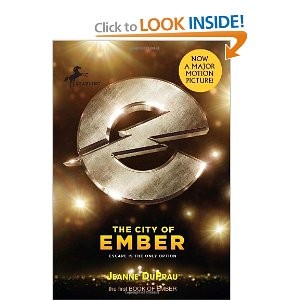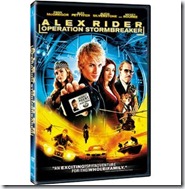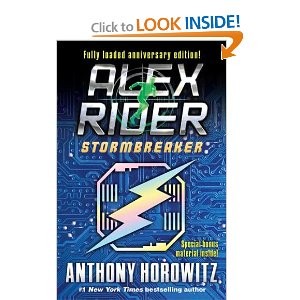I almost always write to music. Music helps me get into the writing zone and stay there, and also with creating a particular mood in myself while working. I have a wide variety of music playlists. When I am drafting, I can play songs, but when I am revising, it needs to be instrumental—movie scores, electronica, synth-wave, even classical music at times.
Sue’s post this past Tuesday about using ringtones for characterization and Kris’s on Wednesday discussing a story’s soundtrack inspired me to search the KZB archives for posts dealing with using music, to hopefully start a discussion and share insights.
The first excerpt is from a 2010 Joe Moore post about film scores. The full post provides a list of film scores he liked. The second excerpt is from author Robert Liparulo, and is a fine follow-up, discussing how he uses film scores to create his fiction. Our final excerpt today is from Kelli Stanley, talking about how a soundtrack can help you mentally recreate another era.
As always, the original posts are date-linked at the bottom of their respective excerpts.

Lets start by looking at the cinema. Arguably, a movie would lose its impact without music. Even in the days of silent movies, there was a live piano player in the theater whose job was to add drama to each scene. You can have the greatest photography, acting, direction, set design and script, but without music, the movie would probably fall flat. Not to be confused with what some call movie soundtracks–usually a collection contemporary tunes–movie scores are written and orchestrated pieces of original music specifically designed for a particular scene. They enhance and support the visual images. If you listen to a movie score isolated from the visuals, it can verge on being classical in nature. As a matter of fact, I consider names like Trevor Jones, Randy Edelman, Hans Zimmer, Ennio Morricone, James Horner, John Williams, Howard Shore, and many others to be our modern day classical composers.
I discovered many years ago that I could also use the element of music to help me write. Someone gave me the CD score to THE MISSION with Robert De Niro. It happened to be playing on my stereo as I started a new chapter, and I realized that the music set exactly the same mood as the scene on which I was working. So from then on, as I watched movies I would pay particular attention to the scores. If they evoked the type of mood I sought in my WIP, or just set a very cool, dramatic, romantic or spooky mood, I would order the CD and rip it to MP3.
I now have a huge collection of scores on my computer and rarely sit down to write without my MP3 player on “shuffle”. I don’t use any music with lyrics since I find that other people’s words distract me. That’s why scores work so well—in most cases they are instrumental.
So if you’d like to try writing dramatic scenes to music, here’s a short list of my favorite CDs that seem to have it all when it comes to creating a mood found in most mysteries and thrillers.
Joe Moore—December 9, 2009
For as long as I can remember, I’ve listened to music as I wrote—through years of writing magazine articles and intermittent screenplays. It started as a way of deadening the sounds of screaming kids, vacuum cleaners, and when I rented an outside office, the shouts coming from the divorce attorney’s office next door. Then I started writing novels, and the type of music I played suddenly mattered.
Faster tempos do help keep the pace up—if not within the story, then at least with how fast my fingers move over a keyboard; but then, volume helps with that as well. The louder, the better. More important than tempo is how a piece of music makes me feel. A cue that starts off slow and builds to a triumphant crescendo can carry me through a fast-paced action sequence as well as any nonstop, staccato rhythm. “Chevaliers de Sangreal” from The Da Vinci Code, for example: a hero’s theme if ever there was one.
Over time, I’ve built a library of music categorized by the mood it puts me in when I write. Take, for instance, Clint Mansell’s haunting music for Requiem for a Dream. Its cues seem to be teetering on the edge of something, without relief or execution. No wonder several of the titles have the word “Tense” in them. When I launch into a suspenseful scene, I’ll often queue up my Requiem playlist.
Here’s a specific example of a partial scene and the music I was listening to when I wrote it:
“With the speed and fluidity he had practiced a thousand times, Hutch drew back on the bowstring and released it, all in one, smooth two-second motion. He held still for another beat to make sure the arrow cleared the bow. Then he dropped his right arm to a second arrow rising from the ground beside him. His bow arm never moved. His head never moved. His eyes never came off of Bad. As the arrow sliced a groove through Bad’s skin at the temple, Hutch was already nocking the next arrow.”
Most likely, Quentin Tarantino would go with something fast and exotic, like NEU!’s “Super 16” from Kill Bill. Because the scene is a mix of suspense and action, I powered up “Betrayal” from Enemy at the Gates—from the scene in which they discover a young boy murdered and hanging from a crane. It’s emotive and heart-wrenching, and prior to the “discovery” almost painful in its anticipation.
My writing-music of choice is almost always film scores. It seems to me that movie moguls are the benefactors of today’s great composers, Hollywood the new Vienna. I also like that the structure of a good story—with its cycle of tension and relief, despair and triumph—forces a wide variation in music within one recording. I used to think the strong bond between a movie’s images and its music would cause me to think only of those images while listening to the score—Russell Crowe plucking his violin in Master and Commander. However, I’ve found that the spirit of the music takes over and I can claim it for my own. That’s why filmmakers often listen to other movies’ scores while on set. They’re not trying to imitate another movie’s scene; they’re letting the music help them get in the mood for their own scene. The director Ridley Scott is known for doing this.
Robert Liparulo—June 28, 2009
Y’ see, listening is particularly helpful when you’re trying to lose yourself in time. Because City of Dragons is set in 1940, I immersed myself in a lot of music from the era—and had to be very careful to not access something anachronistic. I wanted to hear what my characters did, and I was writing about a period in American culture when music was truly a mass medium of popular entertainment … and when our entertainment—thanks to radio drama—was more audio than visual.
The music was key to me feeling like I could capture the past. And then it became about character, too, about my protagonist reacting to that world, particularly the irony of achingly romantic big band swing juxtaposed to the atrocities of war.
So I found myself becoming immersed in the music, actually using it in the book. And I felt confident about being able to, since some writers I greatly admire—like George Pelecanos and Ken Bruen—reference music and lyrics in their works.
The rub, of course, is the permissions phase … something I didn’t know much about. But warning, all you Springsteen fans who want to include “The River” in your latest novel … the author is responsible for either acquiring permission or rewriting the scene.
In my case, I found out too late and had to rewrite certain scenes, retaining a line of lyric and hopefully the flow and rhythm and emotion of the original draft. But—like a DVD director’s cut—I was able to link up a City of Dragons playlist on my website, so that, whenever possible, you can listen to the music my characters do.
It’s a cool way of sharing not just what I like to listen to, but what became an intrinsic element of the book, and a kind of instant time machine back to February, 1940.
Kelli Stanley–January 28, 2010
***
Now it’s your turn to weigh on using music when creating fiction.
Do you listen to music when drafting? When revising?
If you do, is there a certain genre or style of music you prefer listening to?
If you don’t listen to music during your actual writing session, do you ever listen to it “get into the mood” before writing?

